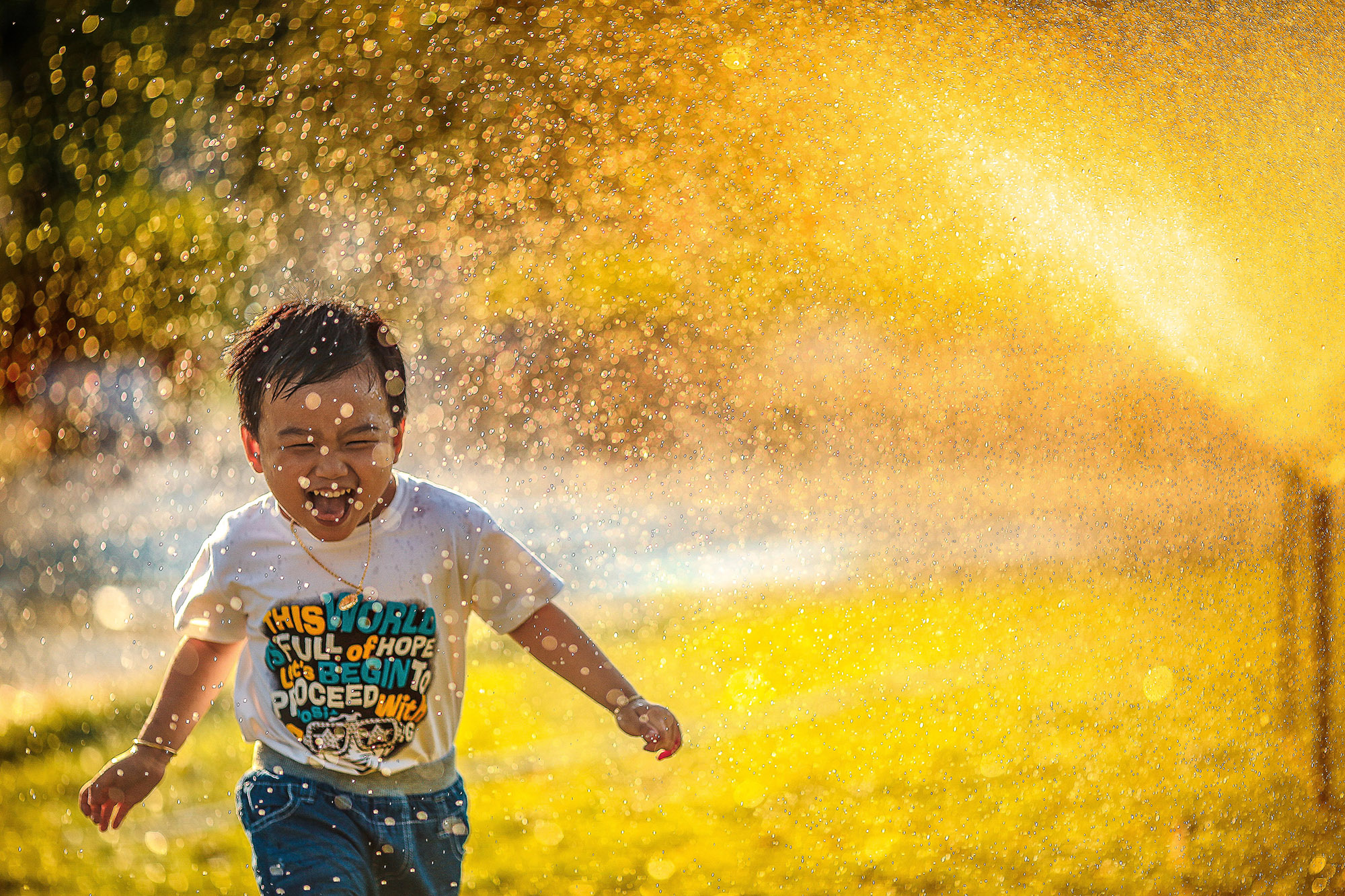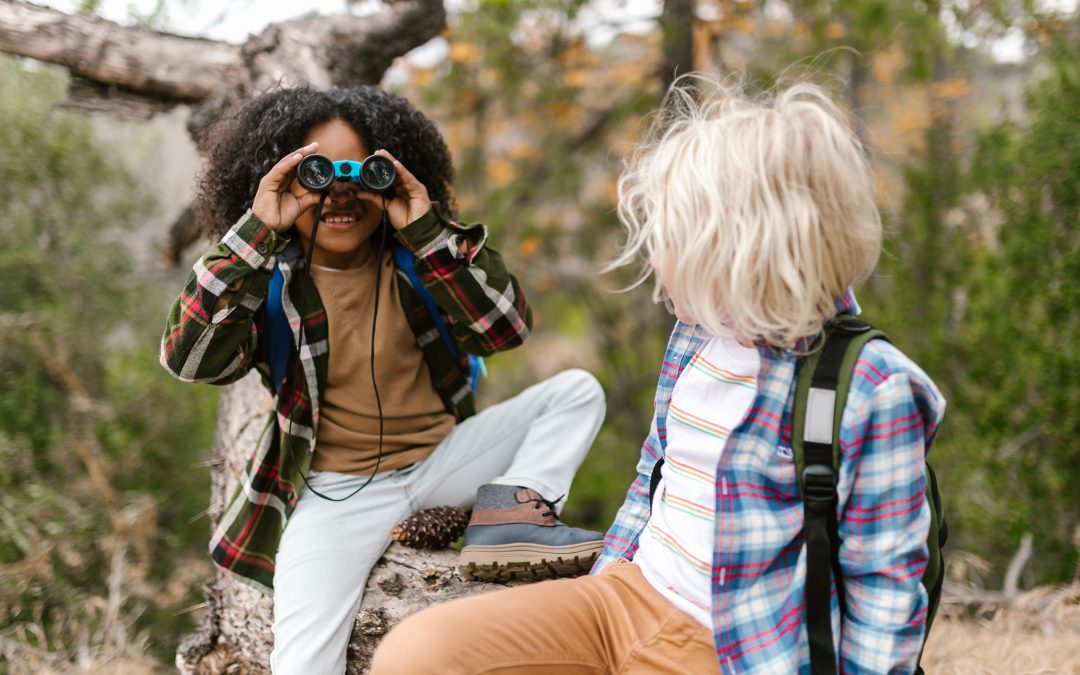There can be no question that the past two years have pushed all members of the education community to the extreme. Students, teachers and staff have encountered changes not witnessed in over a century.
Now that summer vacation is almost upon us it’s a good time to consider how growing up resilient can be a boon for our kids and our family.
What is resilience? It means the ability to recover quickly from difficulties.
And, while it is simple in definition it is more challenging to grow and put into practice.
Remarkably, the members of our entire OIS community showed remarkable resilience since the pandemic first entered our lives. We pivoted quickly and effectively to remote learning. We implemented rigorous health and safety protocols. We adjusted to the new realities of COVID with an abundance of caution and witnessed astounding acts of selflessness, especially from our teachers.
Resilience is a skill which can be learned and honed and there are some specific steps that can help young people in particular make resilience a core part of their living day to day.
Resilience is more than just getting by. With a resilient attitude, you’re better prepared to find new ways to surmount challenges and realize your goals. While it might require taking some risks, it creates opportunities for greater self-confidence and growth.
While there are many resources available online to provide insight into building resilience they mostly revolve around six core principles and practices. The outline we’re sharing here is based upon the work of Dr. Kenneth Ginsburg, a pediatrician specializing in Adolescent Medicine at the Children’s Hospital of Philadelphia.*

Ginsburg sets out seven essential building blocks of resilience.
Competence: When we notice what young people are doing right and give them opportunities to develop important skills, they feel competent. We undermine competence when we don’t allow young people to recover after a fall.
Confidence: Young people need confidence to be able to navigate the world, think outside the box, and recover from challenges.
Connection: Connections with other people, schools, and communities offer young people the security that allows them to stand on their own and develop creative solutions.
Character: Young people need a clear sense of right and wrong and a commitment to integrity.
Contribution: Young people who contribute to the well-being of others will receive gratitude rather than condemnation. They will learn that contributing feels good and may therefore more easily turn to others, and do so without shame.
Coping: Young people who possess a variety of healthy coping strategies will be less likely to turn to dangerous quick fixes when stressed.
Control: Young people who understand privileges and respect are earned through demonstrated responsibility will learn to make wise choices and feel a sense of control.
We all recognize that creating resilient kids requires a collective effort. Our schools are committed to growing this skill throughout our community and we hope you find this road map useful.
At the very least, summer vacation provides each of us a time to refresh and renew and we wish you all the best.


